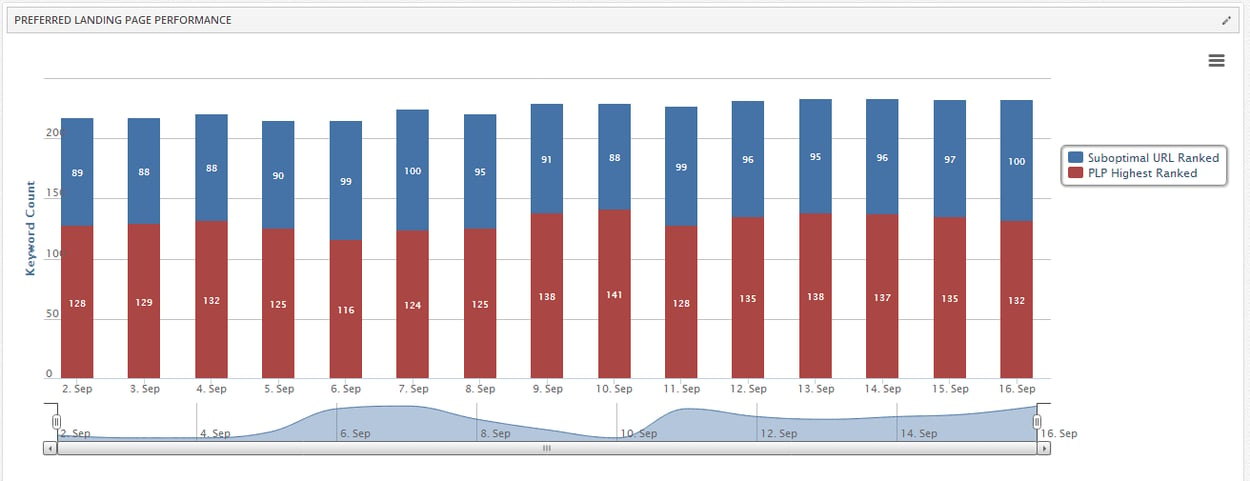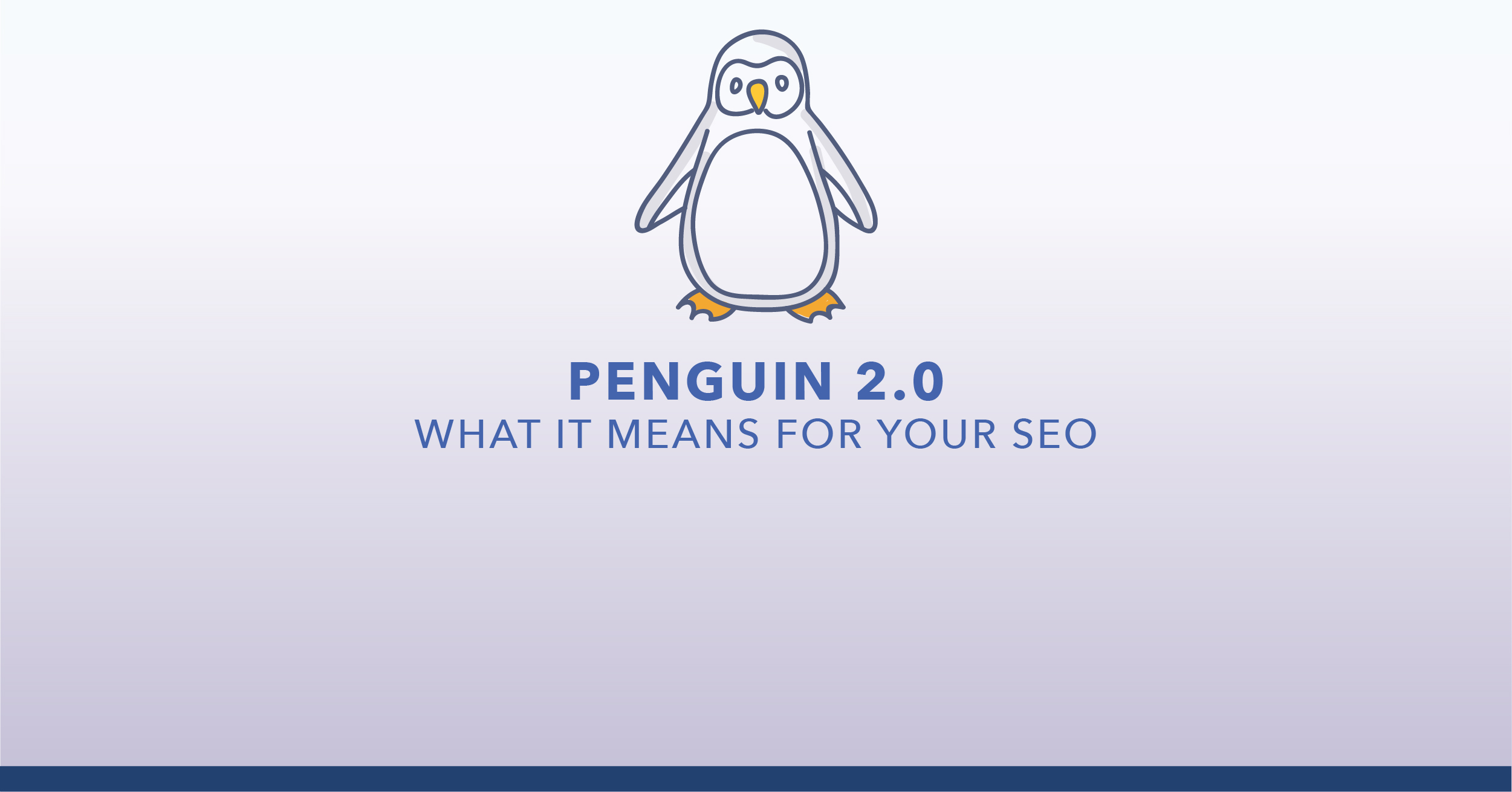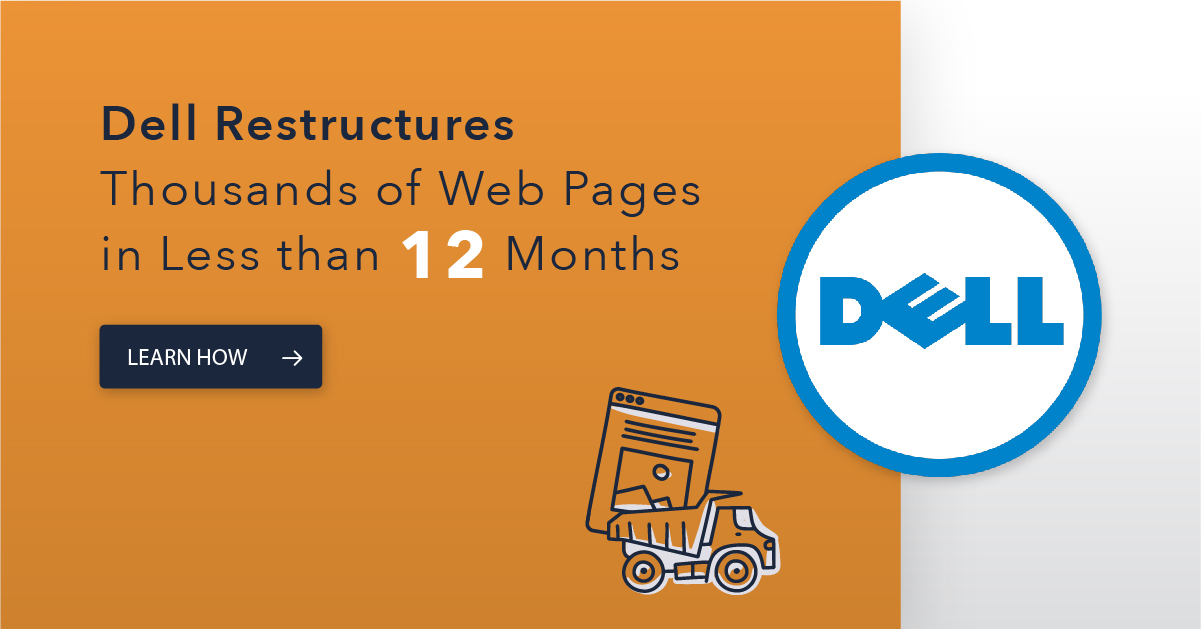4 Key SEO Reporting Metrics
What's the best way to report on your SEO metrics? If you’ve relied solely on Google Analytics and reporting on-page level metrics from the get-go, then this should help you identify what metrics are the most important. If your reporting metrics were keyword analytics focused or you haven’t even begun to report on SEO, then this will provide the guidelines on what metrics to monitor. Perfecting some of these most basic items and consistently performing these tasks well displays knowledgeable expertise.
1) Page Structure & Analytics
Correlating analytics data with on page content changes is just the beginning. Webmaster Tools allows you view potential crawl errors. It may seem basic, but it’s vital that your pages are setup properly.
- Analyze and Compare page level traffic trends between periods in conjunction with ranking changes
- Know how visitors are getting to your site and where they are landing; the bounce rate will help determine if that’s the ideal page
- Compete and Review Site Audits on a regular basis to monitor URL structure, crawlability (eliminate 404s), maintain proper canonical setup, and maximize page speed
2) Keyword Level Data
Understanding that the GWT’s numbers are an estimate is crucial to realizing what keywords are driving organic traffic to your site.
- Google Webmaster data, now more than ever, should be used in place of any previous Google keyword analytics data. This includes monitoring the click through rate and average position.
- Look at keyword traffic from non Google search engines will help to further identify how users end up on what page.
- Review historical analytics trends to to improve the educated guess of what keywords are driving traffic, identifying and prioritizing high value non-brand keywords is crucial to improving in the competitive space
- Site search is another good way to identify what content people are looking for that could be better optimized for organic search
3) Preferred Landing Pages
While every page might be optimized, the real question is what are they optimized for?
- Review keywords where your pages are ranking well to determine if they are the correctly targeted page, this can also be a good way to identify new content building opportunities
- It’s more than where a page is ranking, the focus should be on what page is ranking and why
- Determining the best landing pages for content will help to reduce the bounce rate and improve traffic
4) Links - Quality not Quantity
With each and every Google Panda update, the quality of your backlinks or partner URLs comes under the microscope and for some that means bad news.
- It is necessary, if not vital, to monitor backlink metrics to make sure old link building campaigns and shady competitor tactics are not negatively impacting your link profile.
- Maintaining a diverse set of links using varied anchor text, link types, referring domains and IPs
- Monitor the homepage to deep link URL ratio as well as keeping an eye on Page Rank, which is still a decent barometer of quality even if it is a little broken
Final Thoughts
Overall, your SEO efforts should be more on quality content and providing relevant material and less on keyword search manipulation. Remember, Google's goal is to maintain and improve your organic search results for the end user. The ability to provide an answer to the consumer's query/question will continue to prove to be an invaluable lead to conversions both short and long term.
Want to increase search visibility with predictive insights? Scale your SEO with optimized reporting solutions that help both your business and your customers. Schedule a free demo with seoClarity today.









3 Comments
Click here to read/write comments